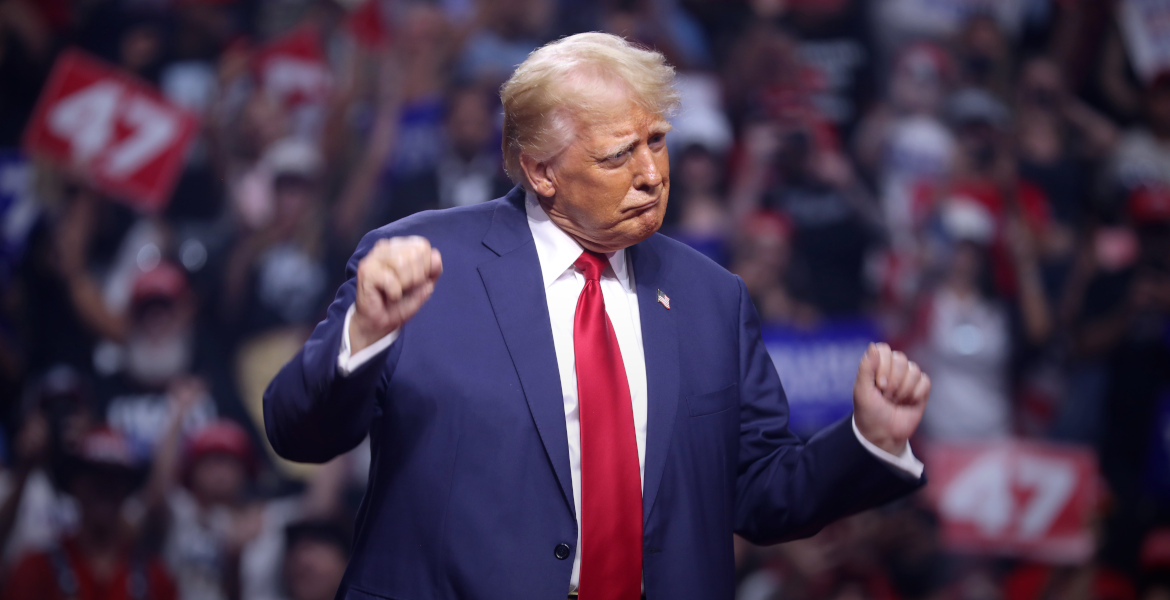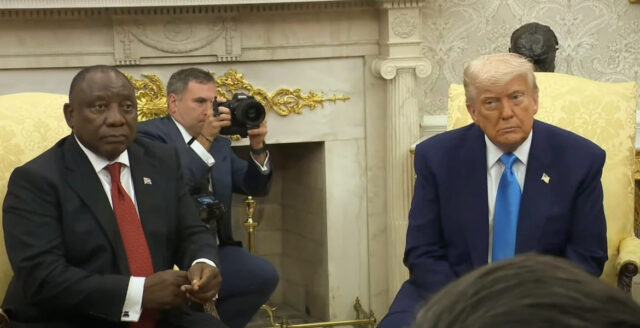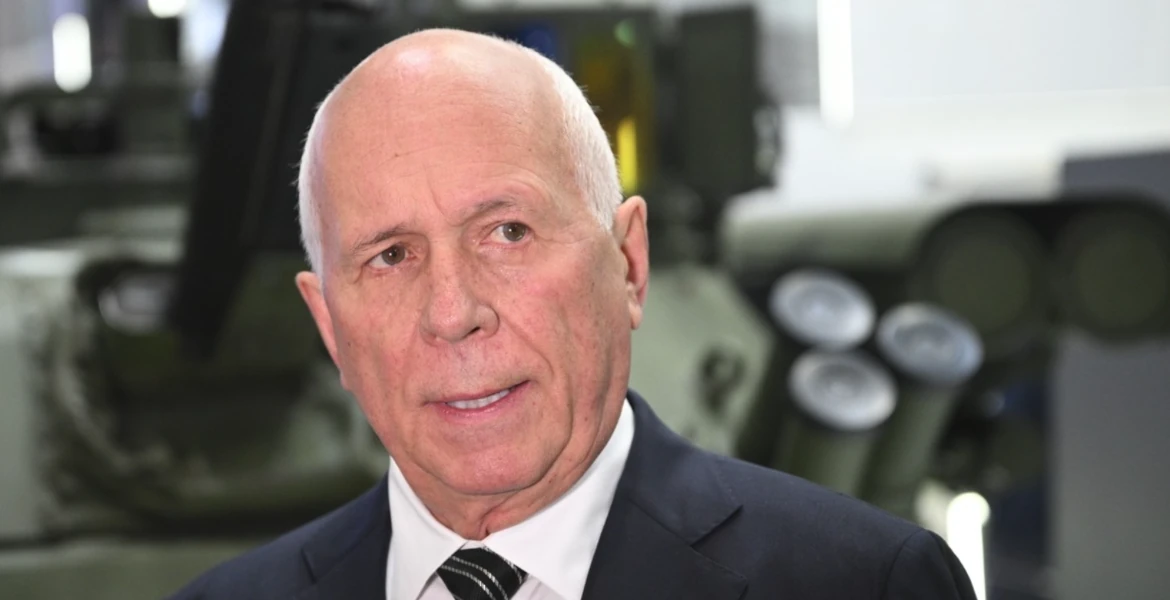Demands for the removal of Canada's deeply unpopular prime minister grew during the fall and eventually the situation became untenable. Now Justin Trudeau has announced that he will resign as soon as his party (the Liberal Party of Canada) has appointed a new leader.
Already in early fall, the social democratic NDP chose to leave the coalition government after several conflicts. The left-liberal government then also lost its majority in parliament - which is why it has not been able to pass many of its policy proposals.
– Parliament has been paralyzed for months, after what has been the longest session of a minority parliament in Canadian history, Trudeau himself admits.
The Canadian Parliament was supposed to resume its work on January 27 – but the recess is now extended to March 24 while a new leader is elected.
The opposition, led by the liberal-conservative Tory Party, has called several votes of no confidence in Trudeau during the fall and tried to bring about a new election. According to opinion polls, they are also the ones who would win big if there were an election today.
Martial law against citizens
Although the Prime Minister has survived the no-confidence votes, criticism from his own party colleagues has become increasingly harsh and many voices within his own party have called for his resignation.
– If I'm having to fight internal battles, I cannot be the best option in that election, he said.
The reasons why many Canadians want Trudeau gone are many and vary depending on who you ask. Some are unhappy with the borderless mass immigration policy pursued by his government - while others point out that his government has contributed greatly to the economic crisis in which a large part of the population is now struggling to cope with everyday life.
During COVID-19, Trudeau also pursued an extremely harsh policy, including martial law and a state of emergency against his own people when they protested against the lockdown policy.
Trudeau should have stepped down three years ago when thousands of truckers descended on Ottawa, creating Canada’s largest grassroots, peaceful movement in history. Today, he proves right all the Canadians who were calling for his resignation during the truckers' convoy in… pic.twitter.com/04vIACumZJ
— Guillaume Roy (@guillaum3roy) January 6, 2025
Trudeau was accused of pursuing an almost dictatorial policy and citizens who showed their displeasure were subjected to police violence, had their bank accounts frozen or were otherwise harassed.
Klaus Schwab's disciple
Another reason why Trudeau is a very unpopular leader in many camps is his links to globalist networks and organizations – not least Klaus Schwab's World Economic Forum. Many have pointed out that Trudeau does not seem to serve the Canadian people first and foremost, but completely different interests, and seems to be Klaus Schwab's follower, something the aging globalist himself has confirmed.
– I must say that when I mention our names like Mrs. Merkel and even Vladimir Putin, and so on. All of them have been Young Global Leaders at the World Economic Forum. But what we are very proud of right now is the young generation as Prime Minister, President of Argentina and so on, that we are penetrating the governments, he told us in 2017.
– Yesterday I was at a reception for Prime Minister and I should know that half of his cabinet or even more than half of his cabinet are from the World Economic Forum's Young Global Leaders, he continued.
KLAUS SCHWAB: "What we are really proud of now, [is] the young generation. Like Prime Minster Trudeau, the President of Argentina, and so on.
So we penetrate the cabinets..." pic.twitter.com/38XcXBFtwO
— Robin Monotti (@robinmonotti) November 2, 2024
Left-liberal identity politics
Schwab has also proclaimed that humanity is facing "a fourth industrial revolution" that will "lead to a fusion of our physical, digital and biological identities", and Trudeau in particular has been praised as an ultimate representative of this world order.
– I couldn't imagine anybody (than Trudeau) who could represent more the world which will come out of this fourth industrial revolution, Schwab said back in 2016.
Perhaps more than any other Western leader, Trudeau has also profiled himself as a proponent of left-liberal identity politics – with an explicit focus on LGBTQ issues, feminism and the fight against alleged racism and discrimination.
Critics have also pointed out that throughout his career, the prime minister has had a habit of behaving in an overly activist and theatrical manner – for example, kneeling in public in support of the pro-violence Black Lives Matter movement – a behavior that many consider unworthy of a national leader.





